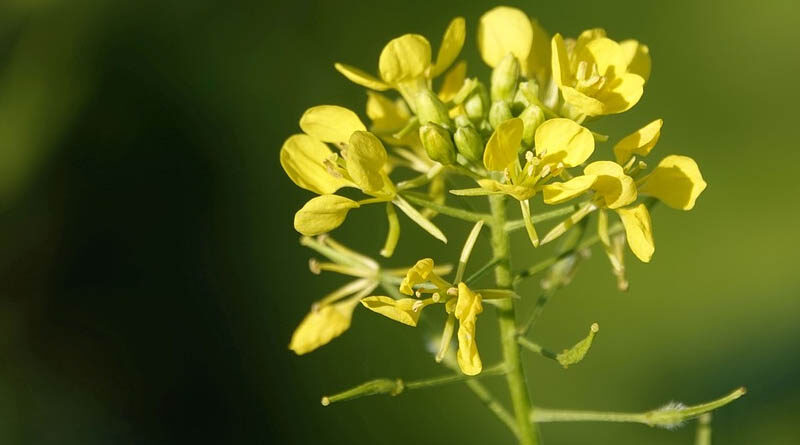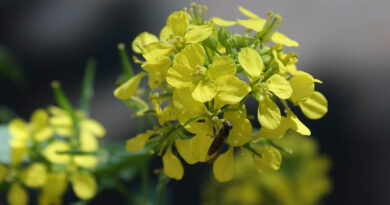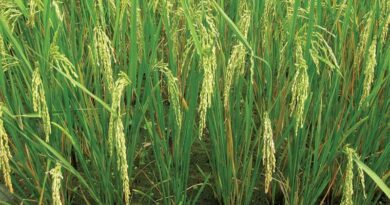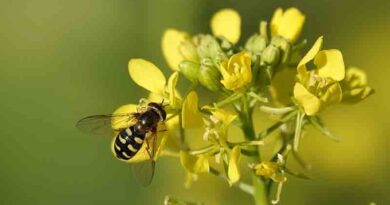Controversy on Genetically Modified (GM) mustard variety DMH 11; Director General ICAR issues statement
30 December 2022, New Delhi: Many myths are being propagated concerning mustard variety DMH 11 approval by the opponents of Genetically Modified crops.
To assess the risk of GM crop consumption on Humans and Animal, all the National agencies and public research systems with expertise in the areas of agriculture, and health including modern and ayurvedic science are involved.
Director General-ICAR Dr. Himanshu Pathak issued a detailed statement on various issues of GM mustard. He mentioned that the recent approval for the environmental release of Genetically Modified (GM) mustard variety DMH 11 and its parental lines by GEAC, has attracted the attention of the press and the public at large.
GM technology has imminent potential for the much-needed revolution in Indian agriculture. It is important to look at the current scenario, particularly concerning domestic production, requirement, and import of edible oils in the country.
Atamnirbharata in edible oil
India’s import of edible oils is on continuous rise to meet domestic demand. During 2021-22, we spent Rs. 1,56,800 crore on the import of 14.1 million tonnes of edible oils consisting of palm, soybean, sunflower, and canola oils, which is equivalent to two-thirds of India’s total edible oil consumption of 21 mt. Therefore, self-sufficiency in edible oil is essentially required to reduce the forex drain on agri-import.
Whether DMH 11 has a higher yield?
GM Mustard Variety DMH-11 has been tested for three years against national check Varuna in confined field trials at multiple locations in India. The field trials were conducted to assess the impact on human health and the environment according to the stipulated guidelines and applicable rules. DMH-11 showed approximately 28 percent more yield than the national check.
Developing 13 GM Crops
ICAR institutions and universities are deeply engaged in the development of GM crops for different traits such as biotic and abiotic stress tolerance, yield and quality improvement in 13 crops viz., Cotton, Papaya, Brinjal, Banana, Chickpea, Pigeon pea, Potato, Sorghum, Brassica, Rice, Flax, Wheat, and Sugarcane involving 11 Institutions through its “Network Project on Functional Genomics and Genome Modification” since 2006.
Also Read: Insecticides (India) launches new fungicide ‘Stunner’ for Downy Mildew disease in Grapes
(For Latest Agriculture News & Updates, follow Krishak Jagat on Google News)















